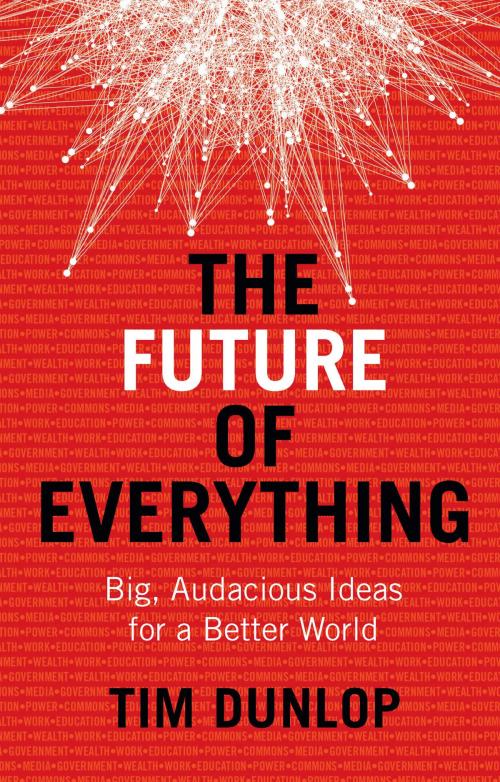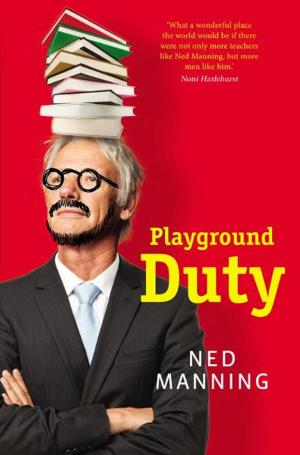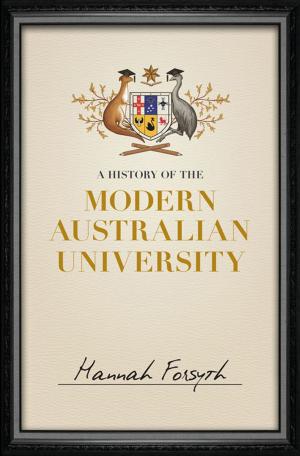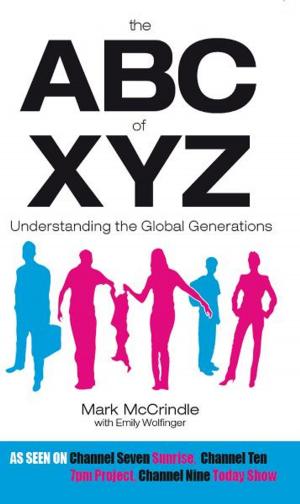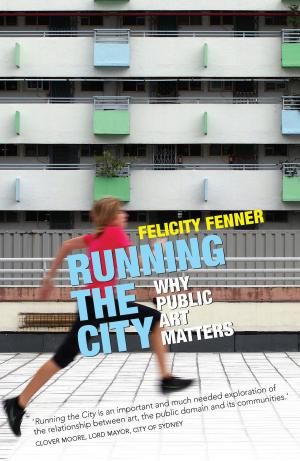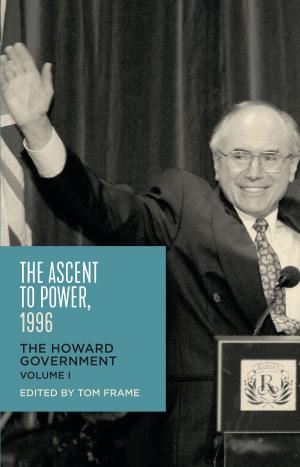The Future of Everything
Big, audacious ideas for a better world
Nonfiction, Science & Nature, Technology, Social Aspects| Author: | Tim Dunlop | ISBN: | 9781742244327 |
| Publisher: | University of New South Wales Press | Publication: | December 1, 2018 |
| Imprint: | New South | Language: | English |
| Author: | Tim Dunlop |
| ISBN: | 9781742244327 |
| Publisher: | University of New South Wales Press |
| Publication: | December 1, 2018 |
| Imprint: | New South |
| Language: | English |
We are in the middle of the greatest technological revolution in history. Its epicentre lies in Silicon Valley, but its impacts are felt on all corners of the earth. It could give all of us a better quality of life and new, more cooperative ways of living. Or it could further concentrate the world's wealth in the hands of a few. This book offers a bold vision for ensuring that we achieve the former. A world that is fairer, less violent and most radical of all, more joyous. Tim Dunlop spells out his ideas for reclaiming common ground systematically, arguing the case for more public ownership of essential assets, more public space, a transparent media system and an education that prepares us for the future, not the past. His vision for improved democracies and societies is practical and realistic, grounded in knowledge of what we are doing well and what we must do better. He argues that we have the policy tools to make it happen—what we need is public and political will.
We are in the middle of the greatest technological revolution in history. Its epicentre lies in Silicon Valley, but its impacts are felt on all corners of the earth. It could give all of us a better quality of life and new, more cooperative ways of living. Or it could further concentrate the world's wealth in the hands of a few. This book offers a bold vision for ensuring that we achieve the former. A world that is fairer, less violent and most radical of all, more joyous. Tim Dunlop spells out his ideas for reclaiming common ground systematically, arguing the case for more public ownership of essential assets, more public space, a transparent media system and an education that prepares us for the future, not the past. His vision for improved democracies and societies is practical and realistic, grounded in knowledge of what we are doing well and what we must do better. He argues that we have the policy tools to make it happen—what we need is public and political will.
